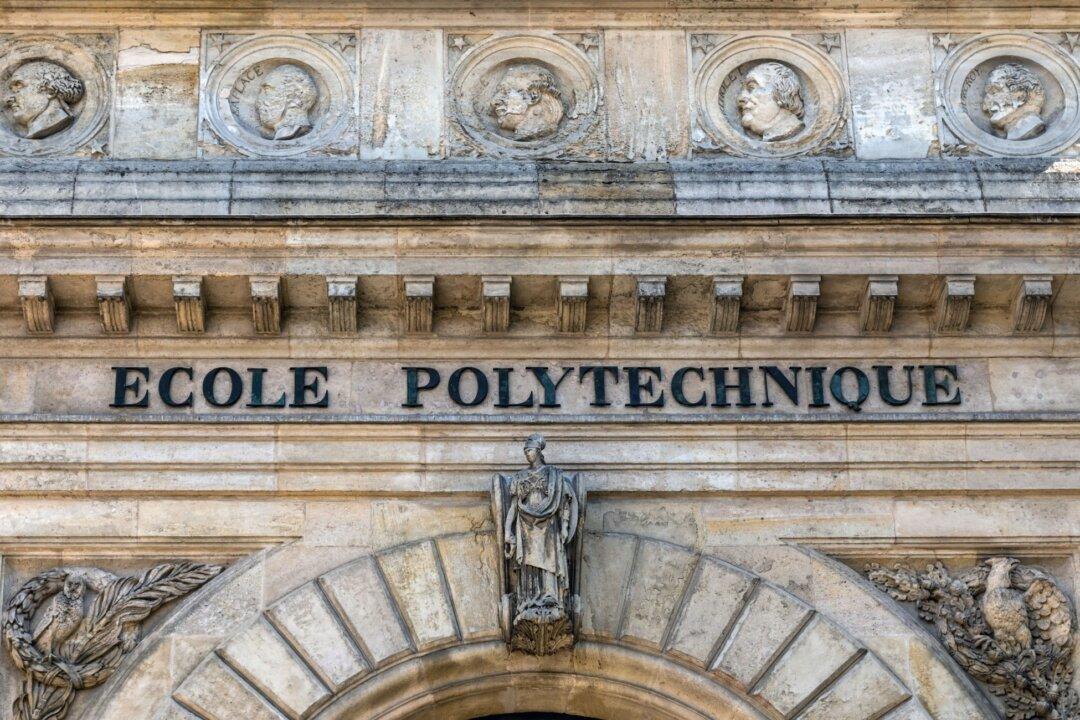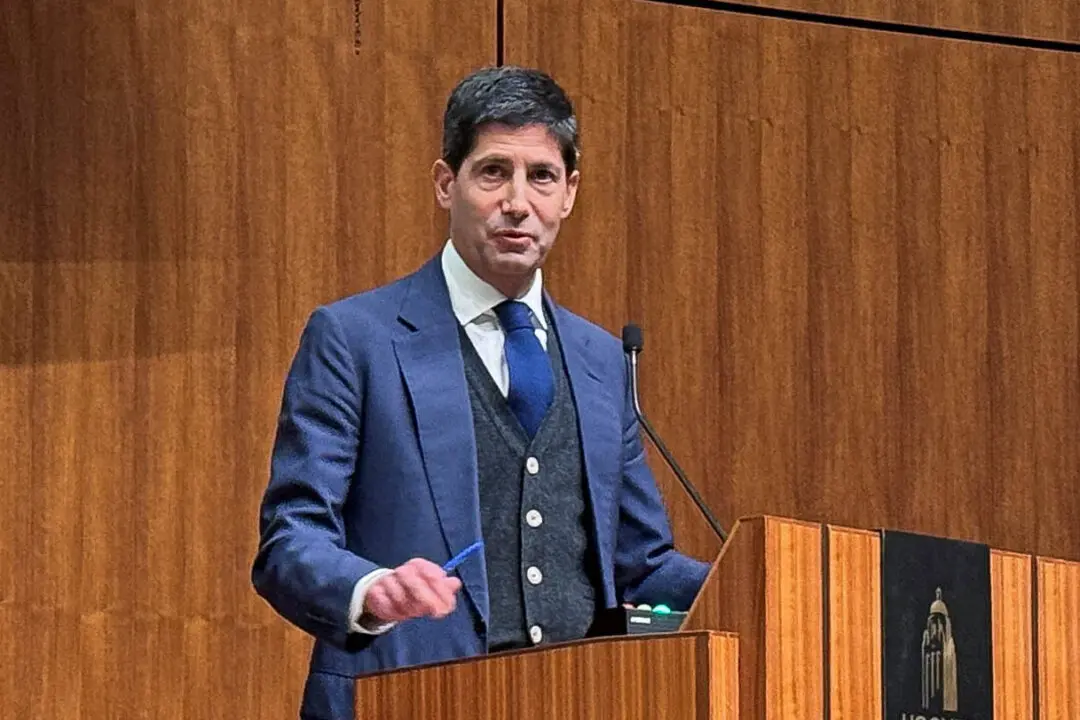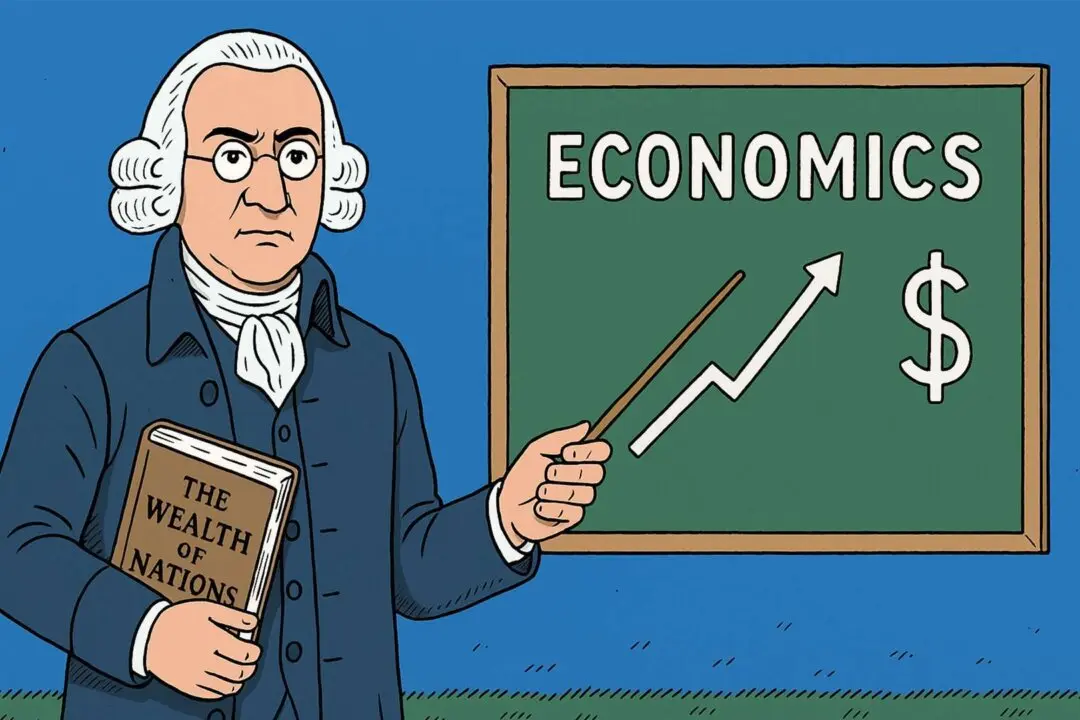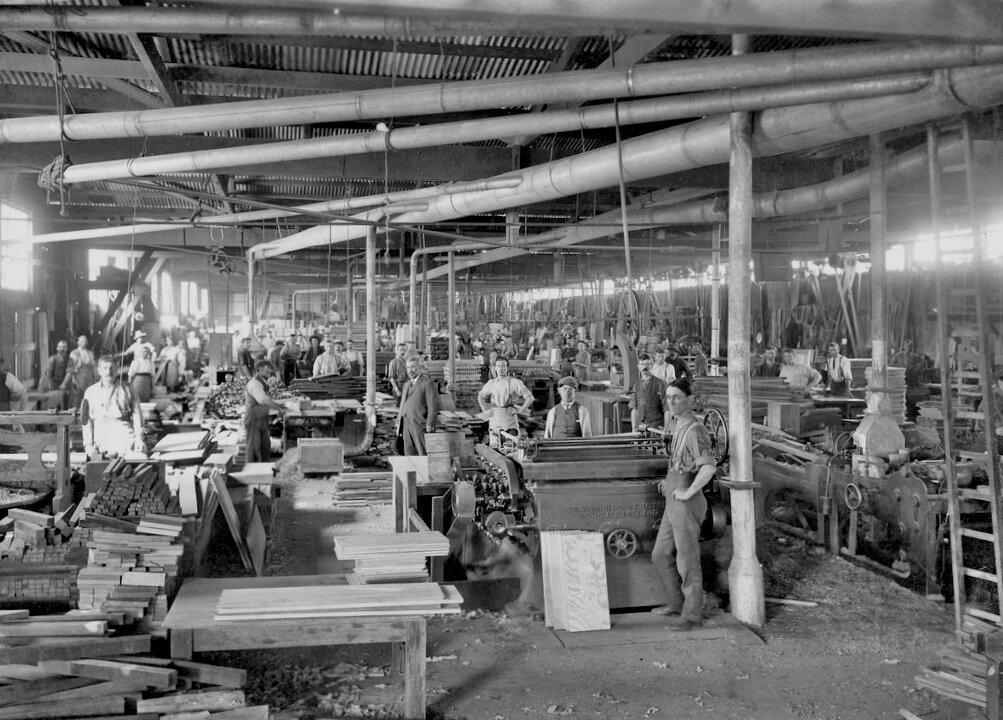Commentary
The French Enlightenment is often referred to as the Age of Reason. This period produced some of humanity’s greatest natural scientists, including Antoine Lavoisier, the pioneer of modern chemistry; Joseph-Louis Lagrange, whose contributions to number theory are well known, particularly in economics; and Pierre-Simon Laplace, a foundational figure in probability theory. But as Friedrich Hayek pointed out, “modern socialism and that species of modern positivism, which we prefer to call scientism, spring directly from this body of professional scientists and engineers which grew up in Paris.”





